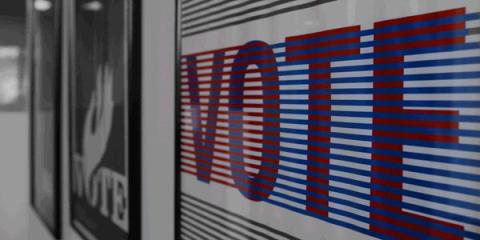It seems like there is always a measure on California’s ballot that is more than what it appears. This year it is Proposition 32. Ballotpedia has credited the new Open Primary with transforming California into the state with the most competitive elections in the nation. But, Prop 32 would seriously undermine California’s nonpartisan open primary reforms.
Passage of This is because Prop 32 prohibits nonpartisan candidates from raising corporate and union contributions, but allows corporate and union cash to be funneled to partisan candidates campaigns through their political parties.While the political campaign has focused on the Prop 32 core provisions aimed at limiting the ability of unions to aggregate small contributions through payroll deduction and what opponents have described as a loophole for SuperPACS, the “Political Party Loophole” would be far more troubling for independent voters and candidates.
Prop 32 continues the 30-year pattern of premising so-called “reform” on the pre-eminent power of the political parties. Ironically, Prop 32 perpetuates the very concentration of power that has created the partisan gridlock that most Americans blame for the deteriorating condition of our political process.
Prop 32 would decrease transparency by forcing corporate and union money into the backrooms of political party bosses. Political Parties already have immense power – even under the Open Primary. Prop 32 would make it almost impossible for candidates who do not get the endorsement of political bosses to run for office. And, the public will never see the money trail because the corporate and union contributions are simply “laundered” through a Political Party.
Unless you think making the two big parties even more powerful is a good idea, Prop 32 is, at best a well-intended, very bad idea.
-Steve Peace and Jeff Marston, Co-Chairs, Independent Voter Project, Author of California’s Open primary
